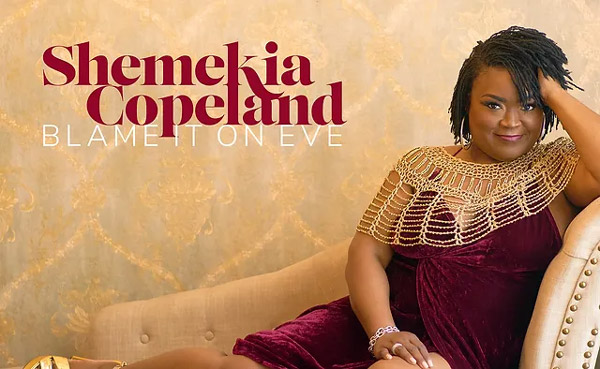Blind Visionaries – The Multimedia Performance
Wednesday, April 12, 2023 @ 7:00pm

Shea Center for Performing Arts
300 Pompton Rd, Wayne, NJ 07470

See the world in a new way! Daniel Kelly is an innovative composer, pianist and conceptualist who has been called “stunningly original” with “a visionary imagination.” His ability to create multi-faceted works that brilliantly incorporate music with literature, visual art and journalism have captivated audiences across the country. He has an uncanny ear for music and storytelling and his deep sense of empathy and humanity make for performances that leave audiences uplifted and curious for more.
Daniel Kelly created Blind Visionaries because of his passion for the stunning images made by the blind and visually impaired photographers of The Seeing With Photography Collective at the Center for the Blind in Manhattan led by the Collective’s director, Mark Andres. Inspired by these incredible photos and the fascinating process of “light painting” used to create them, Kelly further developed his ideas that led to the creation of Blind Visionaries. Kelly poured through the entire body of work created by The Seeing With Photography Collective over four decades. From several thousand photos, he selected the 200 images featured in Blind Visionaries. With the photos selected, he created 10 different films that are projected onto the video screen during the performance of Blind Visionaries. Viewers are immersed into the stunning visual world of The Seeing with Photography Collective as the film delves into each photo, weaving, zooming in and out, and across different parts of each image to reveal the rich visual language and surreal world created by these extraordinary photographers.
Kelly felt audiences would want to know more about these visually impaired photographers and how they could create such stunning photos with their limited ability (or complete inability) to see. He interviewed several members of the Collective and wove the recorded audio interviews throughout the performance. Audience members hear the photographers describe, in their own words, their personal experience of losing their sight and how they draw meaning from the process of creating photos which have been exhibited in galleries throughout the world.
Kelly then composed music that captures and amplifies the emotional quality of the photos, immersing the audience into a musical dialogue between the imagery in the photos and the compositions performed by his trio. Each performance includes a participatory segment where patrons are chosen to come on stage to create a photo with members of The Seeing With Photography Collective while the trio continues to play. The images are created on digital cameras, and the newly made photos are projected onto the video screen later in the performance, delighting audiences as they see themselves, their friends and neighbors transported into the captivating visual world they have been experiencing all throughout the performance.
The Seeing with Photography Collective
Exhibited in galleries around the world, the haunting and poetic images of The Seeing with Photography Collective are created by a group of visually impaired, sighted and totally blind photographers. They use a dynamic process called “light painting” which transports the viewer into their unique dream world of surreal portraits. The visually impaired or blind photographers work with a sighted assistant to create an image based on a vision in their mind’s eye. The results are riveting, dramatic images that have helped these artists to heal through their work. Coming from diverse backgrounds and life experiences, they share an awareness of sight loss, along with the determination to dialogue and integrate their images into a more universal context. The Collective’s work has been exhibited worldwide and can be seen in the book “Shooting Blind” published by Aperture. www.flickr.com/people/seeingwithphotography/
Works from The Seeing with Photography Collective will be on display in the Shea Center lobby from March 1 – April 12. The Shea Center lobby is open Monday- Friday, 10:00 a.m.- 5:00 p.m. and one hour prior to performances.
General Admission: $15;Free admission for WP employees, students, and alumni.
This project is supported in part by the National Endowment for the Arts. To find out more about how National Endowment for the Arts grants impact individuals and communities, visit www.arts.gov.
For information on how your event can be listed, click here
Advertise with New Jersey Stage for $50-$100 per month,
click here for info
FEATURED EVENTS

An Evening With Cher: The Memoir
Friday, November 22, 2024 @ 7:00pm
Bergen Performing Arts Center (bergenPAC)
30 North Van Brunt Street, Englewood, NJ 07631
category: music
View event page for full information

Lucinda Williams and her band
Friday, November 22, 2024 @ 7:30pm
McCarter Theatre Center (Matthews Theatre)
91 University Place, Princeton, NJ 08540
category: music
View event page for full information

Shemekia Copeland
Friday, November 22, 2024 @ 7:30pm
Lizzie Rose Music Room
217 E. Main Street, Tuckerton, NJ 08087
category: music
View event page for full information







